When most people think of the future of artificial intelligence, ideas of killer robots, The Matrix, and Hal 9000 come to mind. While a world with sentient AI would be terrifying, the AI of today, dubbed "Narrow AI," is a highly-focused tool for optimizing business intelligence processes and powering advanced product features through millions of just-in-time decisions. While AI is no silver bullet, when applied effectively, it can enable businesses to tune their customer interaction, marketing, and product design to competitive levels.
The Future of AI
As AI is increasingly adopted globally, it is vital to consider how AI can bolster your business. Gartner predicts that by 2020, 85% of customer interactions will be managed without a human. Companies like Facebook, Spotify, and Amazon are leveraging AI to provide a level of personalization unimaginable just a few years ago. Autodesk's customer service chatbot has delivered a 99% improvement in response times. Apple uses neural processing to make real-time optimizations to their camera post-processing. AI utilization is only going to become more prolific in the years to come.
What Can AI Do for You?
Narrow AI is highly useful as it provides the means to finely tune your system with three levels of complexity. The simplest of these is through task automation. Say your CRM needs to regularly collate prospect reports and disperse them to your analysts. Through AI task automation, this could be done on a schedule. The second level of business AI complexity is applied search algorithms that can identify desired items based on a computed fitness level. If you needed to create a new service product, you could have AI calculate the best features and price point based on your current products, their characteristics, and sales records. The real power in AI though comes the third level of complexity, where these first two processes are combined into dynamic workflows that take action based on the results of the searches. For example, the AI centralizes target prospect data, computes the most valuable prospects based on past engagement and chat logs, and sends follow-up emails showcasing a product selected to be the best fit for the customer. The AI can then reuse the results from this workflow to better tune the next iteration. Spotify uses this process to create personalized playlists based on user's preferences, listening history, and correlations with the data from their 200 million users. The "Discover Weekly" playlist is explicitly tailored to promote music exploration and learns from user interaction. Likes, dislikes, and skips all factor into optimizing the playlist for maximum engagement.
Is AI a Good Fit for Your Business?
If you have time-intensive repetitive operations, need analytic solutions, and perform dynamic responses based on the analytics, your business is well-suited to incorporate AI. Many companies see AI merely as a cost-saving tool for business processes, but it's potential to provide automated reasoning makes it invaluable for product functionality and personalization as well. Imagine a compound camera lens that auto-focuses on faces, a smart home that manages devices based on historical usage, or a digital personal assistant. These are just a few examples of what has been done with AI.
· Business Intelligence
· Personalization
· Product Design
Preparing for AI
If you are looking to introduce AI into your business, you will need to identify which operations could benefit from AI, the data these operations will require, and how to provide the AI with the access it will need to function.
The AI is only as good as the data available to it. Sensor feeds, site analytics, logs, and databases are all valuable sources of information. It is crucial to ensure the data in these sources is homogenous so the AI can compare "apples to apples." Data traceability is essential as well. The better all the relevant information for a product, user, or system can be linked together, the more accurately the AI's algorithms will behave.
While we are not at risk of becoming subjects of robotic overlords, companies will quickly overtake archaic business models with the use of AI. It can provide personalization to millions of users, business intelligence predictions, and real-time optimizations in devices. The question is, where can AI help you compete in this emerging frontier?
Liquid Analytics works with clients to deliver AI decisions that provide high ROI to business initiatives. Contact us today to get started.


